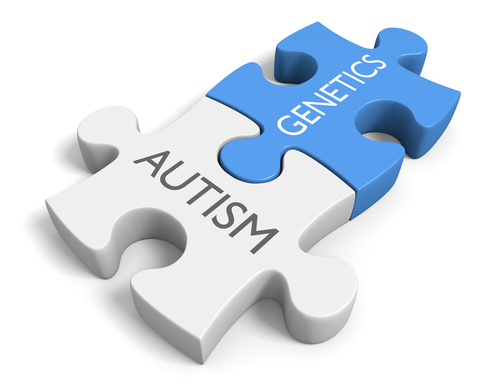Gene responsible for autism identified
IANS Mar 06, 2018
Scientists, including one of Indian-origin, have identified a gene that is responsible for neurodevelopmental disorders, including autism, an advance that may pave the way for developing treatments.

The findings showed that alterations of the gene thousand and one amino-acid kinase 2, known as TAOK2, plays a direct role in these disorders. TAOK2 is located in the autism spectrum disorder and schizophrenia-associated chromosomal deletion region and is associated with other neurodevelopmental phenotypes. Many neurodevelopmental disorders are caused by large missing pieces of genetic material in a person's genome that contain several genes, termed as "microdeletion".
Accurately diagnosing a gene microdeletion helps doctors to predict patient outcome and to determine if a new treatment is available, the study showed. "Our studies reveal that in complex brain disorders that have a loss of many genes, a single deleted gene is sufficient to cause symptoms for the patients," said Karun Singh, assistant professor at McMaster University in Canada.
"This is exciting because it focuses our research effort on the individual gene, saving us time and money as it will speed up the development of targeted therapeutics to this gene alone," Singh added. In the study, published in the journal Molecular Psychiatry, the team used genetically engineered models and computer algorithms to study a human genome, which allowed them to pinpoint the single gene in question.
The results revealed that alterations in TAOK2 activity contribute to neurodevelopmental disorders. TAOK2 KO mice showed several behavioural, anatomical and synaptic deficits consistent with other autistic mouse models. Moreover, the team also identified and characterised novel mutations in TAOK2 in human autism cohorts revealing that the mutations impact different signalling pathways. "Our next step is to screen candidate drugs that correct the cognitive brain deficits caused by genetic mutations in TAOK2, and identify candidates for pilot clinical trials," Singh said.
-
Exclusive Write-ups & Webinars by KOLs
-
Daily Quiz by specialty
-
Paid Market Research Surveys
-
Case discussions, News & Journals' summaries